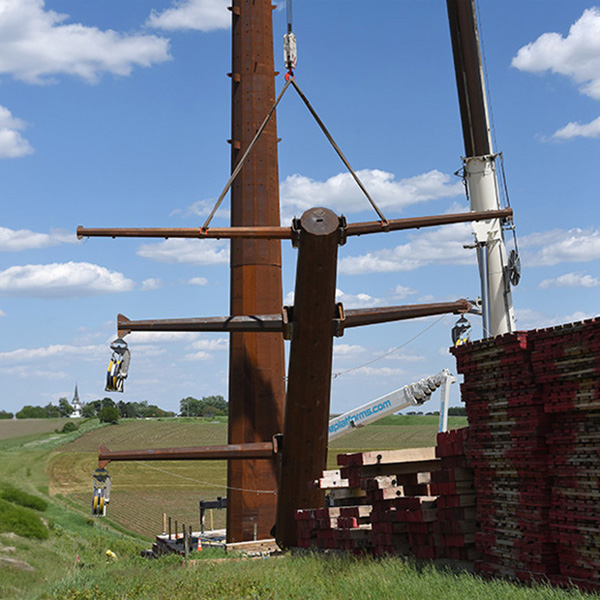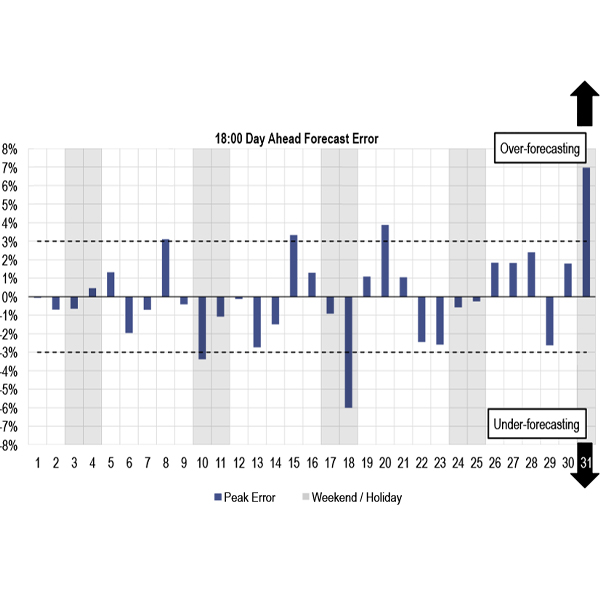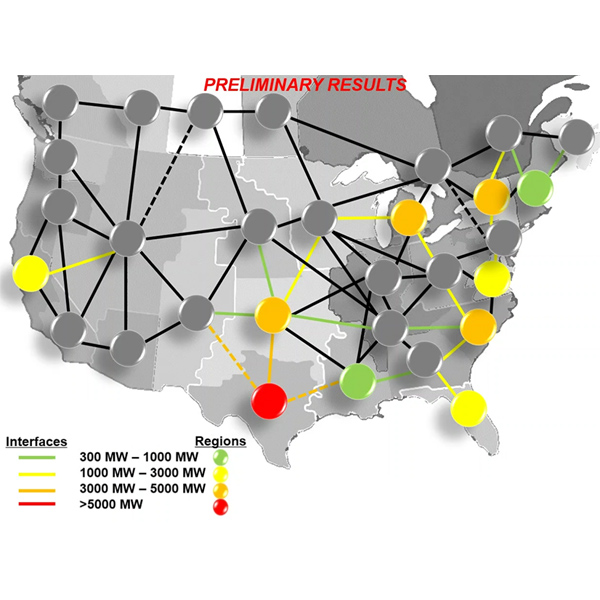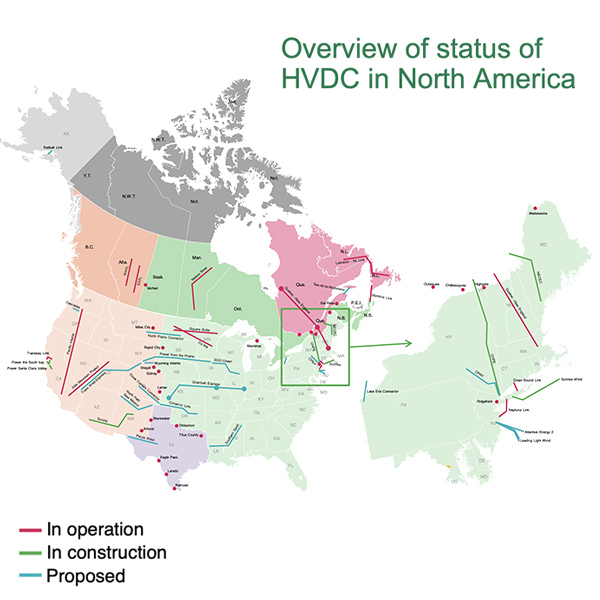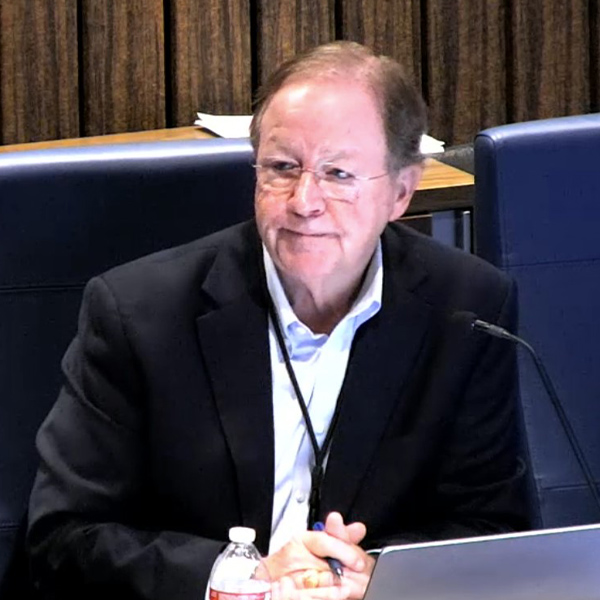Reliability
MISO is questioning whether its one-day-in-10-years loss of load standard remains the best method for establishing resource adequacy, and state regulators want in on potential decisions.
Transmission policy has made some progress lately, but ITC President Krista Tanner came to Capitol Hill to get one more item over the finish line — the permitting bill.
ERCOT, MISO, PJM and SPP filed a joint brief in the appeal of EPA’s power plant rule seeking more flexibility on compliance, arguing it is needed to ensure reliability.
The first biennial test of voltage-reduction capability was a success, PJM told the Operating Committee during its meeting.
Congress and FERC will need to act to update its rules on interregional transmission planning, and likely permitting, if NERC’s Interregional Transfer Capability Study is going to be of any use, experts said on a webinar hosted by Americans for a Clean Energy Grid.
Before the use of HVDC transmission lines can be expanded in the U.S., the offshore wind industry needs to set some standards, according to a joint company survey.
The Massachusetts Department of Public Utilities approved grid modernization plans from electric distribution companies to handle increasing electrification and the deployment of distributed resources.
ERCOT’s rule change to the Nodal Operating Guide that imposes voltage ride-through requirements on inverter-based resources has been partially approved, but much work remains.
NYISO staff presented tariff revisions that may be deployed as early as Q1 of 2026 to account for the uncertainty of wind and solar energy forecasts.
The fate of two coal plants owned by AEP’s Appalachian Power is generating debate in a proceeding to approve the utility’s renewable portfolio standard plan at the Virginia State Corporation Commission.
Want more? Advanced Search

